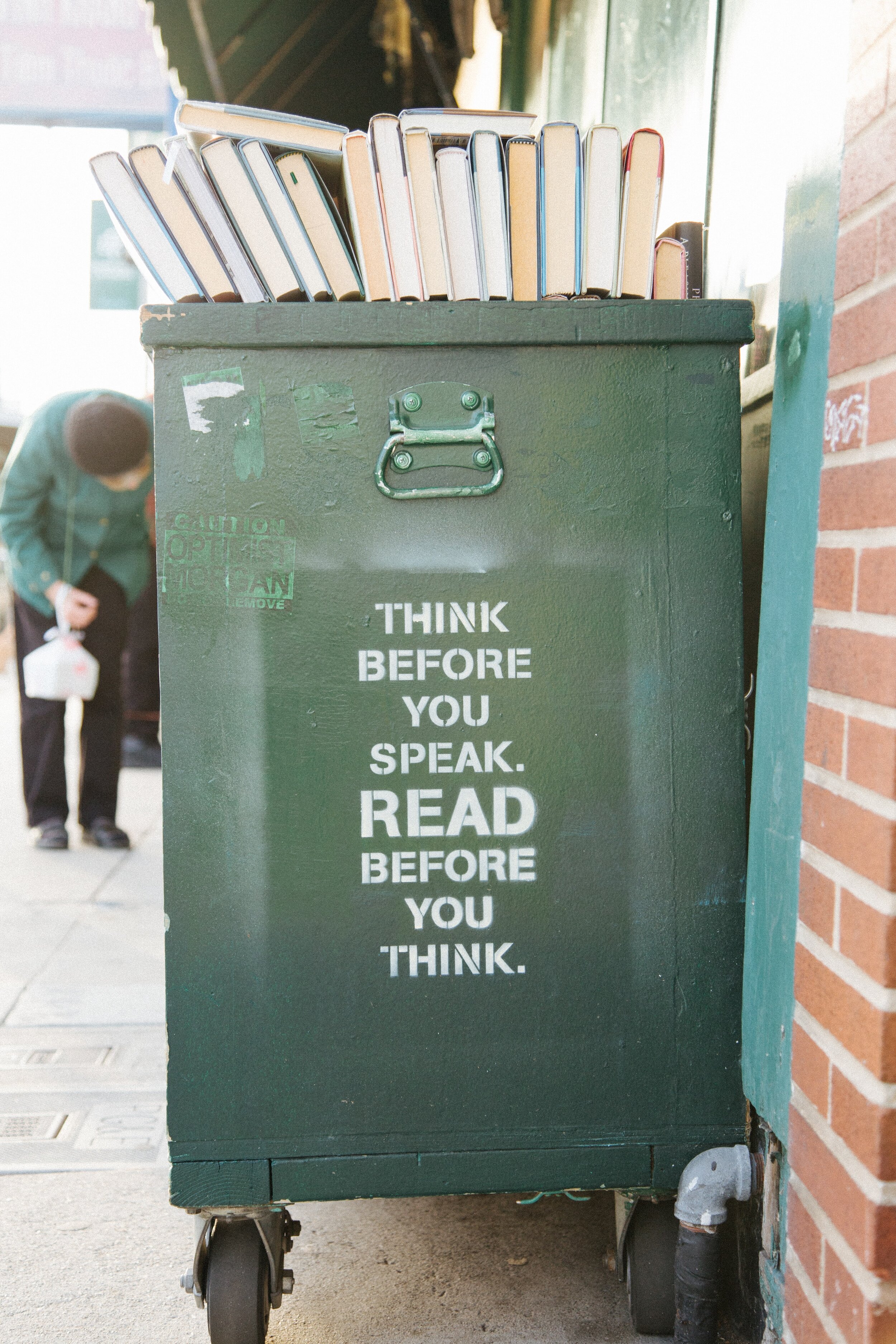Reading Lists for Adults
Though this is not an exhaustive list, it’s a great place to start if you’re new to literature by Indigenous authors.
Indigenous Literature
When reading literature about Indigenous people, it is important to look for books that are #ownvoices – a term that means they were written by Indigenous authors about themselves or their own people.
This lends a book an authenticity and insider knowledge that an author of another ethnicity or race cannot bring to the material. It also means that when you buy the book, you are supporting an Indigenous artist and author.
Nonfiction
The History of Us: Nisenan Tribe of the Nevada City Rancheria by Richard B. Johnson
Bad Indians: A Tribal Memoir by Deborah A. Miranda
A Cross of Thorns: The Enslavement of California's Indians by the Spanish Missions by Elias Castillo
Enough for All: Foods of My Dry Creek Pomo and Bodega Miwuk People by Kathleen Rose Smith
An Indigenous Peoples’ History of the United States written by Roxanne Dunbar-Ortiz
The Other Slavery: The Uncovered Story of Indian Enslavement in America by Andrés Reséndez
Native DNA: Tribal Belonging and the False Promise of Genetic Science by Kim Tallbear
Killers of the Flower Moon: The Osage Murders and the Birth of the FBI by David Grann
#Notyourprincess: Voices of Native American Women edited by Lisa Charleyboy
Dreaming in Indian: Contemporary Native American Voices edited by Lisa Charleyboy
Fiction
House of Purple Cedar by Tim Tingle
Love Beyond Body, Space and Time: An Indigenous LGBT Sci-Fi Anthology edited by Hope Nicholson
Killer of Enemies by Joseph Bruchac
Johnny Appleseed by Joshua Whitehead
Ma Llorona by Maya Gonzalez
Poetry
Full-Metal Indigiqueer by Joshua Whitehead
Conflict Resolution for Holy Beings by Joy Harjo
Authors
Louise Erdrich
Leslie Marmon Silko
Winona LaDuke
Thomas King
Sherman Alexie (with caveats: he was accused in the #metoo movement, so while many of his texts are worth reading, you may choose to buy his books used or not to support him at all.)

